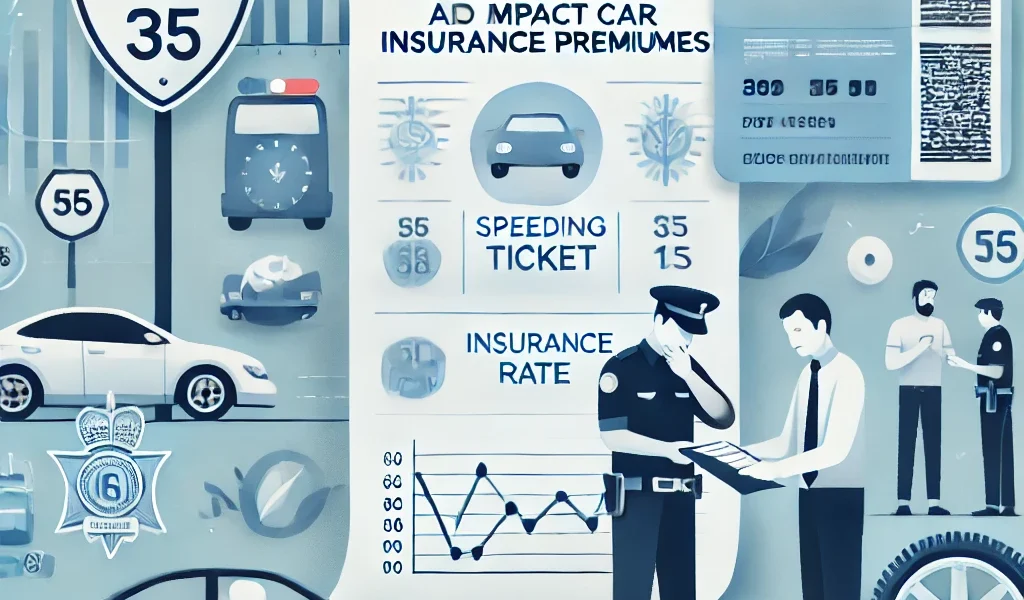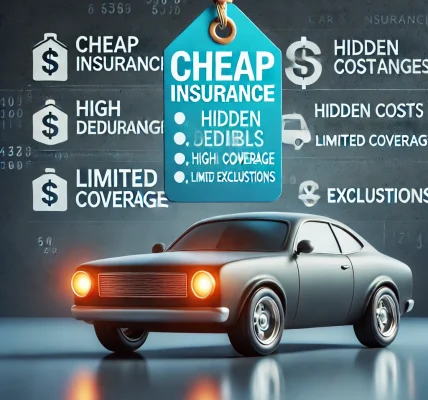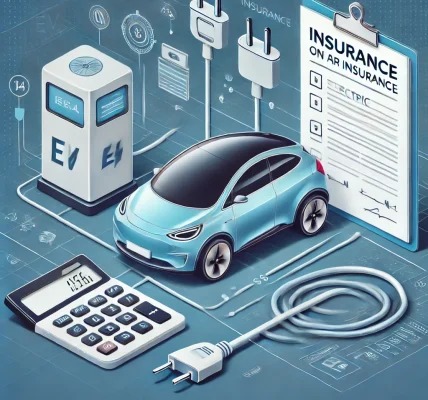Traffic violations have a direct impact on your car insurance premium. Insurance companies assess a driver’s risk profile based on their driving history, including any traffic infractions. The more violations you have, the higher your insurance costs may be. In this article, we will explore how traffic violations affect your car insurance premium and what you can do to mitigate the consequences.
Understanding Traffic Violations and Their Categories
Traffic violations are typically classified into two major categories:
1. Minor Violations
- Speeding (slightly over the limit)
- Running a red light
- Failure to signal
- Parking violations
- Seatbelt violations
2. Major Violations
- Reckless driving
- Driving under the influence (DUI)
- Excessive speeding
- Hit and run
- Street racing
While minor violations may result in slight increases in premiums, major violations can lead to significant penalties, including policy cancellations or being categorized as a high-risk driver.
How Traffic Violations Affect Insurance Premiums
1. Increased Risk Assessment
Insurance companies determine premiums based on the likelihood of a driver being involved in an accident. Traffic violations suggest risky behavior, leading insurers to charge higher premiums to cover potential future claims.
2. Points on Your Driving Record
Many regions use a point system to track driving violations. Accumulating points for offenses such as speeding or reckless driving can result in premium increases, license suspension, or policy non-renewal.
3. Impact of Specific Violations
Certain violations carry more weight than others when it comes to insurance premium adjustments:
- DUI or DWI: One of the most severe offenses, leading to an increase of 50% or more in premiums.
- Reckless Driving: Typically results in a 20-50% hike in insurance costs.
- Speeding Tickets: A single ticket may have a minor effect, but multiple violations can increase premiums significantly.
- At-Fault Accidents: If a violation leads to an accident, your insurance rate can rise dramatically, and you may lose discounts.
4. Loss of Discounts and Benefits
Drivers with clean records often receive discounts such as:
- Safe driver discounts
- No-claim bonuses
- Good credit score benefits
However, accumulating traffic violations can result in the loss of these incentives, making your premium even higher.
5. Policy Non-Renewal or Cancellation
For repeated major violations, insurers may refuse to renew your policy or cancel it altogether. This can force you to seek coverage from high-risk insurance providers, which often charge much higher rates.
How to Reduce the Impact of Traffic Violations on Insurance Premiums
While traffic violations can increase your car insurance costs, there are steps you can take to mitigate the impact:
1. Drive Cautiously and Follow Traffic Laws
The best way to avoid increased premiums is to drive safely and follow traffic regulations. Avoid speeding, use turn signals, and never drive under the influence.
2. Take Defensive Driving Courses
Some insurers offer discounts for completing defensive driving courses. These courses can help remove points from your record and lower your premium.
3. Shop Around for Better Rates
If your insurance premium has increased significantly due to a violation, compare quotes from multiple insurance providers to find a more competitive rate.
4. Consider Telematics or Usage-Based Insurance
Many insurance companies offer telematics-based programs where your premium is based on actual driving behavior. Safe driving habits can help lower your costs over time.
5. Maintain a Clean Record Over Time
Traffic violations typically stay on your record for 3-5 years. By maintaining a clean record moving forward, you can eventually see reductions in your premium.
6. Increase Your Deductible
Opting for a higher deductible can help offset premium increases, but this also means you will pay more out of pocket in case of a claim.
Conclusion
Traffic violations can have a lasting impact on your car insurance premium, often leading to significant increases in costs. By understanding the effects of different types of violations, maintaining safe driving habits, and exploring available discounts, you can minimize the impact on your premiums. Taking proactive steps such as enrolling in defensive driving courses and shopping around for better rates can help keep your car insurance affordable while ensuring you remain covered.




